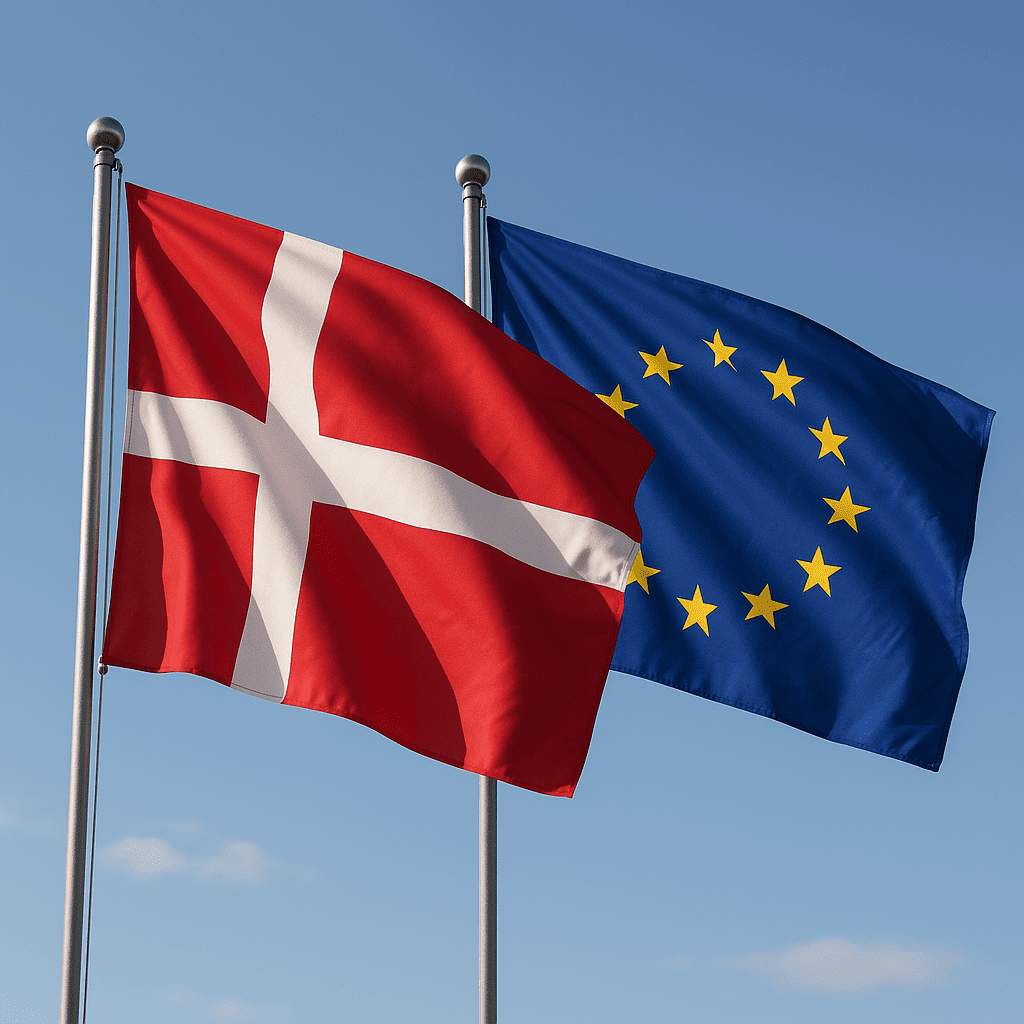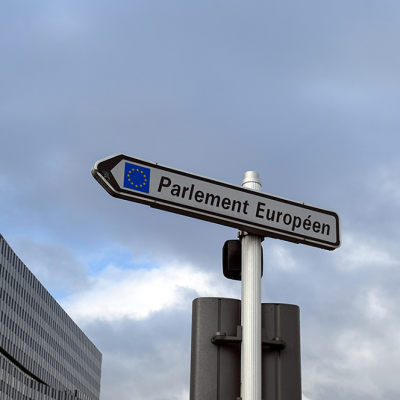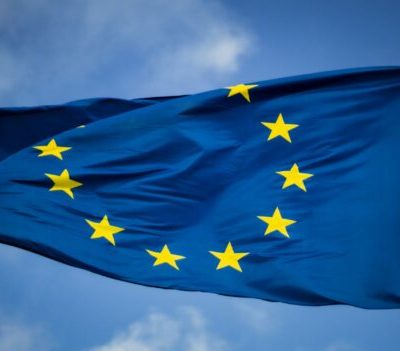[FR] The Danes, the European Union and the next presidency
Denmark, which will take over the presidency of the European Union on 1 July 2002 for the sixth time, is often regarded as a special case and a model of unpredictability. The democratic practices of this country with a strong personality have led it to be the one whose population has been called upon most often to vote on European issues. Twice it has rejected its political elites: first on the ratification of the Maastricht Treaty, then on participation in the third stage of EMU, thus cultivating a certain ‘Danish exception’.

Foreword by Jacques Delors
Denmark, which will take over the presidency of the European Union on 1 July 2002, is often seen as a special case and a model of unpredictability. The democratic practices of this country with a strong personality, which describes itself as “small”, have led it to be the country whose population has been called upon to vote most often on European issues.
On two occasions that had a major impact on the life of the Union, it rejected its political elites: first on the ratification of the Maastricht Treaty, and second on participation in the third stage of EMU, thus cultivating a certain “Danish exception”.
Søren Dosenrode clearly presents the roots of this ‘Danish paradox’, which contrasts a genuine sense of belonging to the European Union with a deep reluctance to engage in any debate on political integration. In doing so, he highlights another paradox, which is that pro-European elites tend to reduce European integration to the single market, thereby fuelling the reluctance of some Danes towards a project they see as exclusively mercantile and capitalist. These paradoxes, which had an unfortunate tendency to feed on themselves, have their roots in the complex history of the Danish nation state and in the respectable desire to preserve the specificity of an original welfare state model. According to our author, they should not lead us to question the Danes’ attachment to the Union, which is in line with the European norm.
But the vagaries of the calendar have worked in our favour: they have led the Danish Presidency to play a decisive role in the conclusion of the enlargement negotiations, which happen to be the subject on which, beyond its traditional neutrality, this small country intends to play a major political role without reservation. Søren Dosenrode’s prediction that this combination could result in both success for Europe and a stronger commitment to political integration on the part of the Danish people therefore has every chance of coming true.
This positive situation is all the more welcome given that the Danish Presidency is set to be extremely busy and will require a great deal of determination and skill. I am grateful to the author for outlining these points before they were made public. The Danish government, while preparing for its responsibilities with its usual seriousness, is refusing to announce any programme before the end of the Spanish Presidency, so as not to interfere with it.
In this period of uncertainty for European integration, reflected in worrying election results, incorrigible optimists such as myself will find some refreshing good news in this remarkable study.





